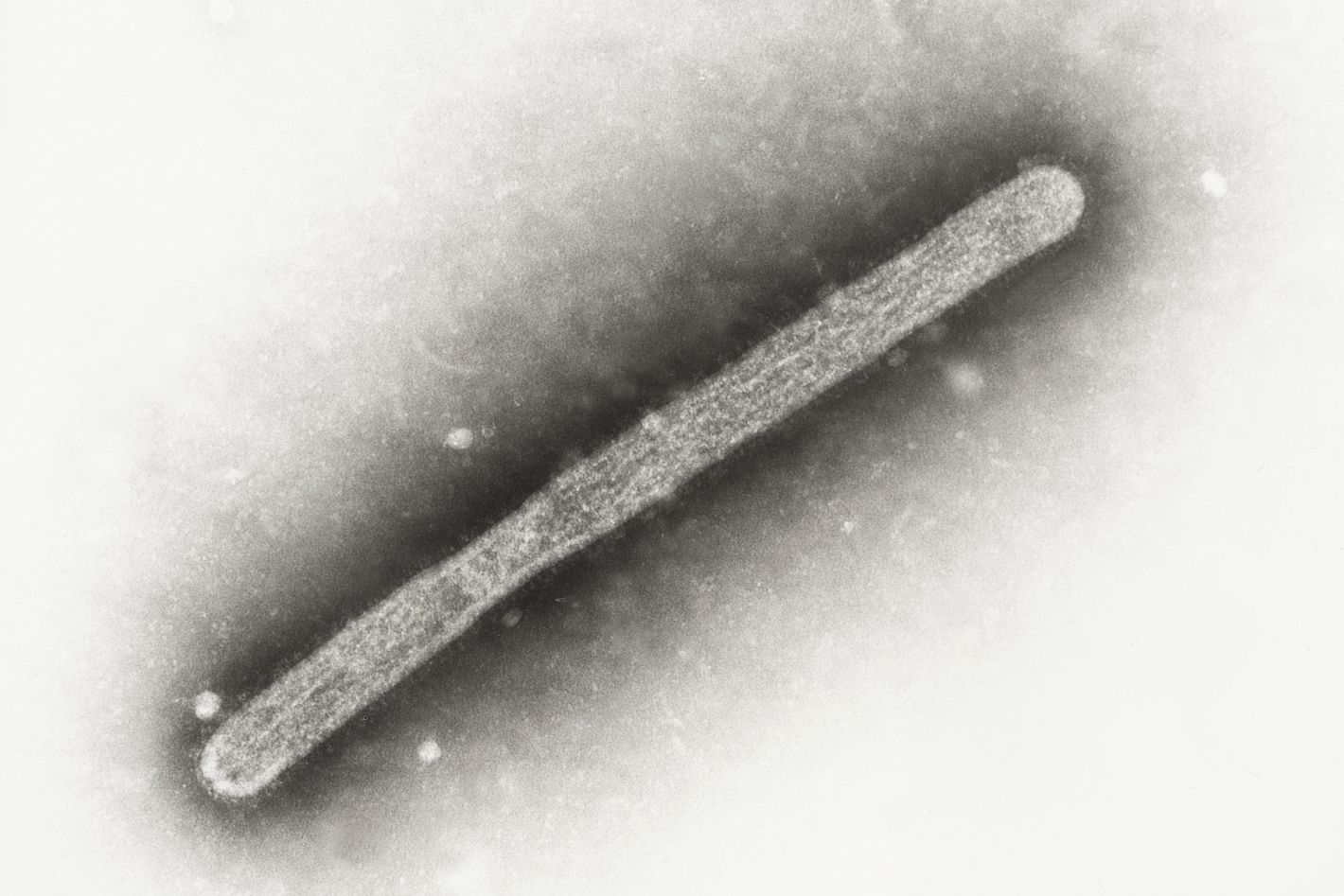The Bird-Flu Outbreak Has Spread to a Second Person
A Michigan farmworker testing positive for the virus, which continues to rip through U.S. dairy cows.

A Michigan farmworker has been diagnosed with bird flu, the second human case reported amid a long-running outbreak of the virus that is now hitting U.S. dairy cows.
In a statement, state health officials said the person, who worked with dairy cows, experienced mild symptoms from the H5N1 influenza virus and has since recovered. According to the U.S. Centers for Disease Control, an initial nasal swab taken from the farmworker tested negative. An eye swab was then taken and sent to the CDC, and it later tested positive. No further details were given in order to protect the person’s privacy as well as their employer. “The current health risk to the general public remains low. This virus is being closely monitored, and we have not seen signs of sustained human-to-human transmission at this point,” said Dr. Natasha Bagdasarian, Michigan’s chief medical executive.
In April, the Texas Department of State Health Services reported a case of bird flu in a person who worked in close contact with dairy cows. The individual, like in this latest case, only experienced eye inflammation. They were treated with an antiviral. According to the CDC, the last known human case of H5N1 prior to this current outbreak was a Colorado poultry worker in 2022.
Cases of bird flu have spread rapidly throughout the country with 48 states reporting outbreaks in commercial and backyard poultry since early 2022. Though cows were initially thought to be susceptible to the avian flu, cases are now rising among cattle with nine states reporting outbreaks as of May, according to the U.S. Department of Agriculture. Despite this newest case, the CDC said it still considers the human health-risk assessment for the public to be low, noting the lack of spread so far. The agency advises people to avoid long, unprotected contact with wild or domestic animals and birds, including those that are sick or dead. They also warn against consuming unpasteurized or “raw” milk, as high levels of the virus have been found in milk from infected cows.
